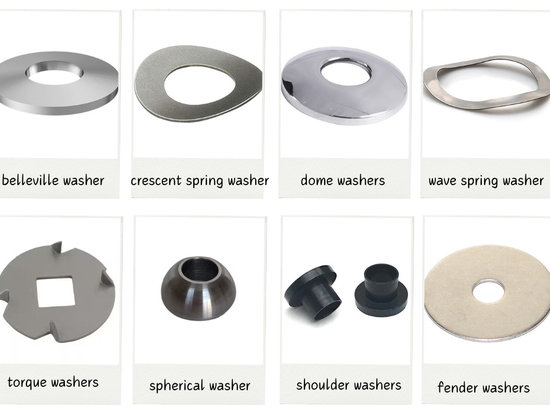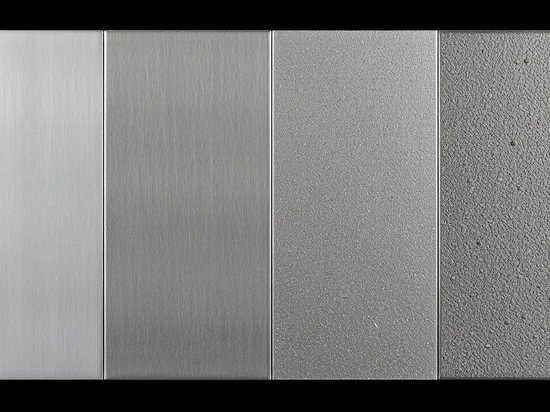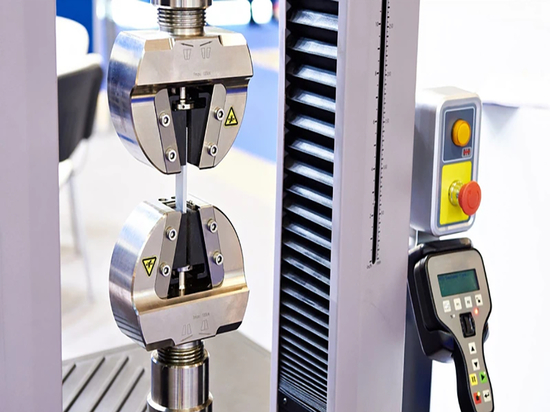
#Industry News
4 Types Of Metal Stamping Die
Pros And Cons
Metal stamping dies can be divided into four types: single punch dies, progressive dies, compound dies and transfer dies.
1. Single Punch Die
Relatively simple, low manufacturing and maintenance costs
Suitable for small-scale production and flexibility requirements
Flexibility is relatively low but easy to adjust
Production efficiency is relatively low
Material utilization rate is relatively low
Low degree of automation
2. Progressive Die
Highly automated, suitable for mass production
High material utilization and less waste generation
Suitable for the production of workpieces with complex shapes and multiple processes
High efficiency, improve production speed
High complexity, high design and manufacturing costs
Average flexibility, difficult to adapt to frequently changing workpiece designs
Requires larger investment and maintenance costs
3. Compound Die
Moderately complex and relatively easy to design and manufacture
Relatively high production efficiency, suitable for medium batch production
High material utilization rate, relatively economical
Not suitable for mass production
Difficult to remove material
4. Transfer Die
Multiple processes are completed at one time, with high production efficiency
Suitable for complex parts such as automotive body parts
High material utilization rate and low waste generation
High degree of automation, production line integration
High manufacturing cost and large equipment investment
The adaptability is poor and changes in component design may require major adjustments.
Maintenance is difficult due to the complexity of the system.
Not suitable for small-scale production
The single punch die is simple and flexible, but the speed is slow. Progressive die stamping can manufacture parts with complex geometries quickly, cost-effectively and with high repeatability. Composite die stamping is formed in one step, so it is suitable for parts with relatively simple structures.Transfer die is suitable for situations where multiple processes need to be completed within one stroke.
If you want to learn more about the concepts, working processes and comparisons of the four stamping dies, please click the link below, and there will be a detailed blog introducing relevant knowledge.







